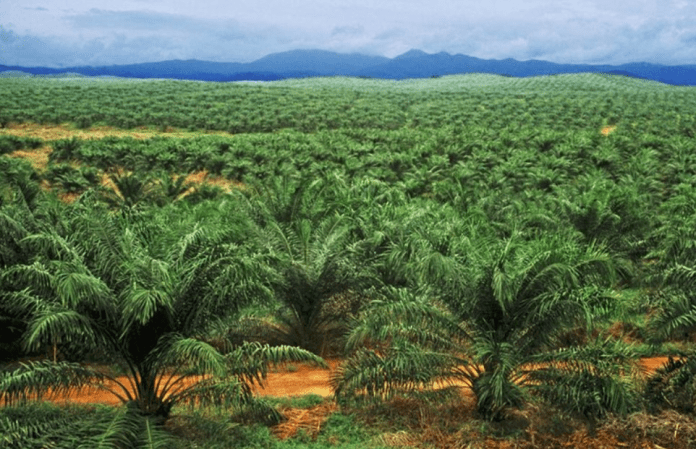News in brief: Nigeria palm oil imports from Malaysia surged by 353% in the first four months of 2023. This raises concerns about the country’s reliance on imports and its impact on the exchange rate and inflation. Local production continues to fall short of rising consumption.
Nigeria’s reliance on palm oil imports from Malaysia increased by 353% in the first four months of 2023. According to the Malaysian Palm Oil Council (MPOC) report, Nigeria imported 92,961 MT of its palm oil between January and April. The previous year, the number was 20,513 MT, showing a difference of 72,448 MT year-over-year (YoY).
If this trend continues, the country will surpass its total palm oil imports from Malaysia in 2022 before the end of 2023. Imports are pressure points on a country’s exchange rate and contribute to inflation as prices are in foreign currencies.
The National Bureau of Statistics (NBS) revealed that between January and March, Nigeria’s crude palm oil import wage was already more than â¦17 billion. Apart from Malaysia, a portion of the imports were from China.
Lack of local investments contributes to reliance on palm oil imports
Tracing the source of the problem leads to poor local production amidst rising consumption. Henry Olatujoye, managing director, Palmtrade and Commodities Development Nigeria Ltd, said that imports will continue to grow. Quoted in a coverage of this same story by BusinessDay, the industry executive lamented the poor investment in the local industry.
“We estimated that our local/domestic consumption is averaging 2.4 million tons in a year, and our first-class developers â Okomu, Presco, and others, do not annually produce up to 800,000 tons. If we estimate the pocket smallholder farmers to be contributing up to a million tons, weâd still have a shortfall compared to demand,” he told the media outfit.
The government’s strategy to discourage crude palm oil imports by restricting forex access for stakeholders has not stemmed the tide. One reason is likely because local production and supply leaves a demand gap that imports fill. With 1.4 million MT produced locally, there is still thousands of metric tons deficit.
The overall impact of palm oil cannot be overlooked as it affects a lot of consumer items. Besides direct consumption as part of meals, it is a key ingredient in making soap and detergents, cosmetics, margarines, noodles, cereals, and more. So, if its price rises, so will the price of these other goods.
Alphonsus Inyang, president of the National Palm Produce Association of Nigeria, agrees with Olatujoye’s assessment that the local industry requires funding.
Looking at Nigeria’s tonnes per hectare yield of the crop (between 0.4 and 0.5) signifies that the land is not being optimally used. Compared to a country like Malaysia that has between 3.5 and 4.5 tonnes per hectare yield ratio shows how far the sector needs to come. Covering this ground requires investments to adopt better farming techniques, inputs, irrigation systems, and other related activities.



